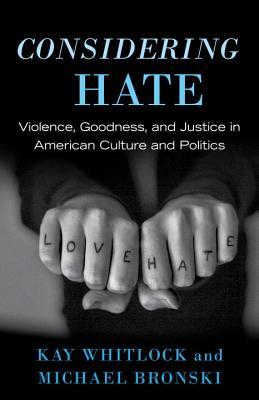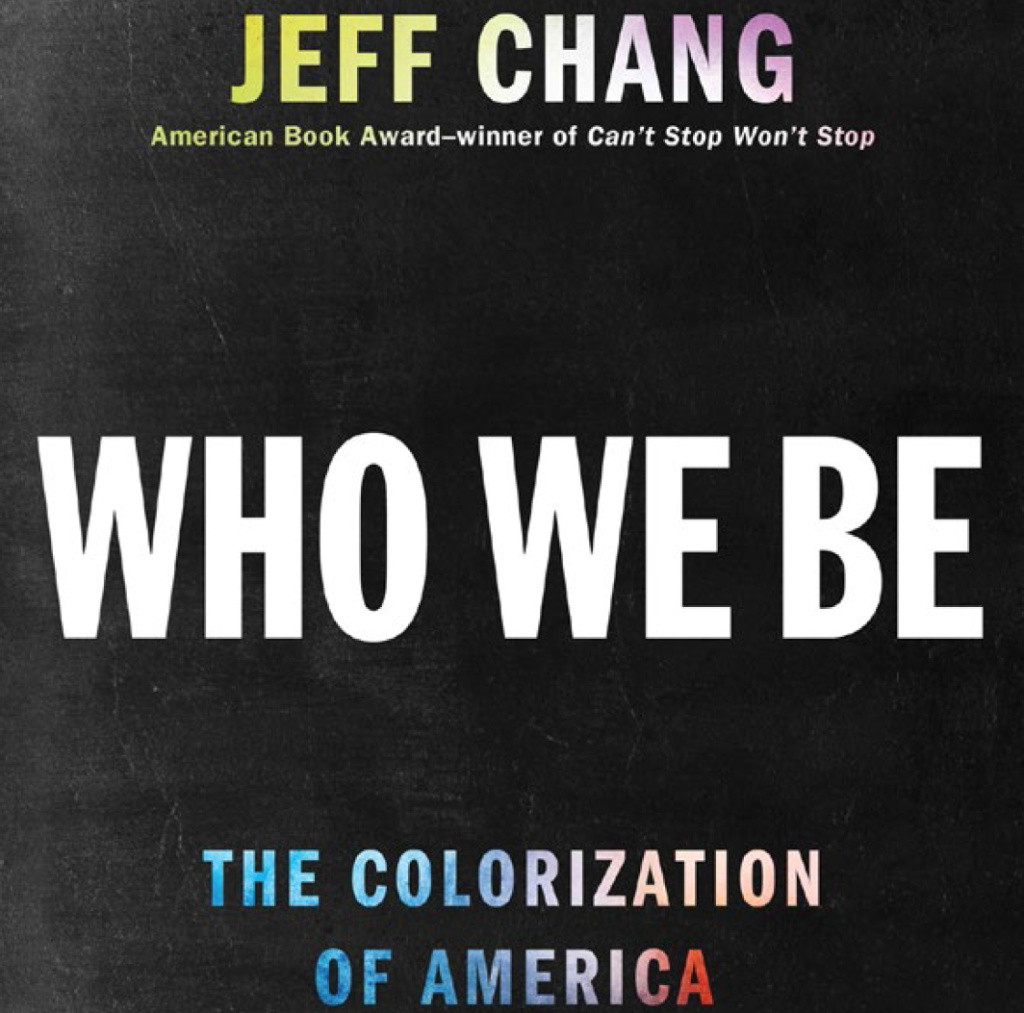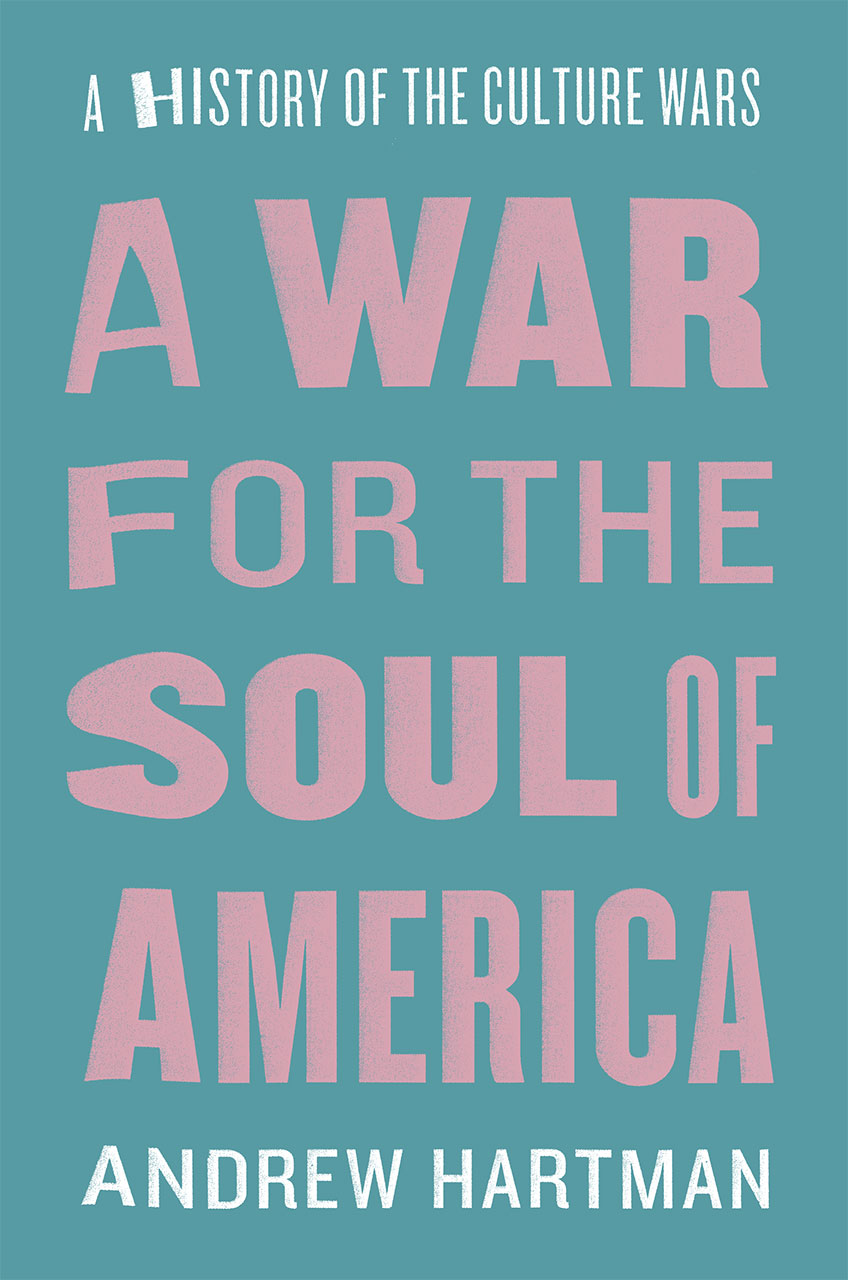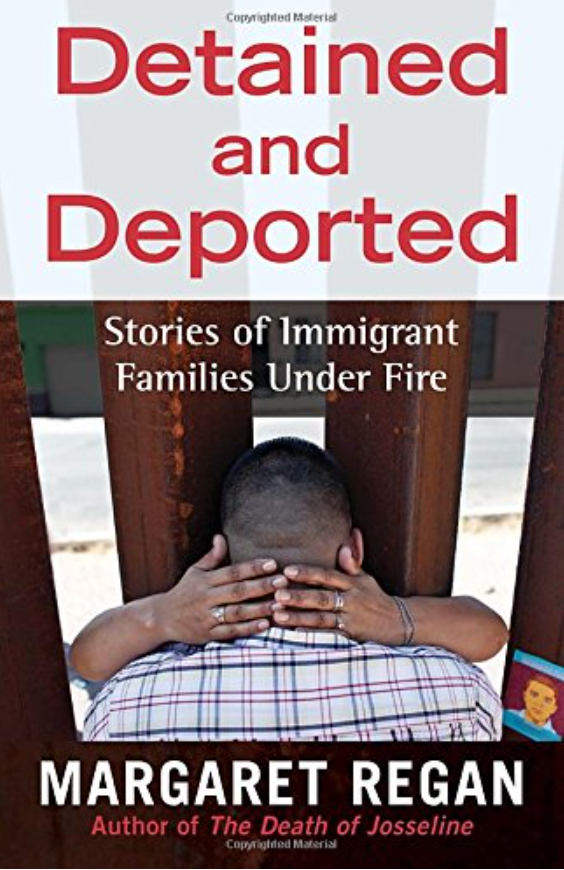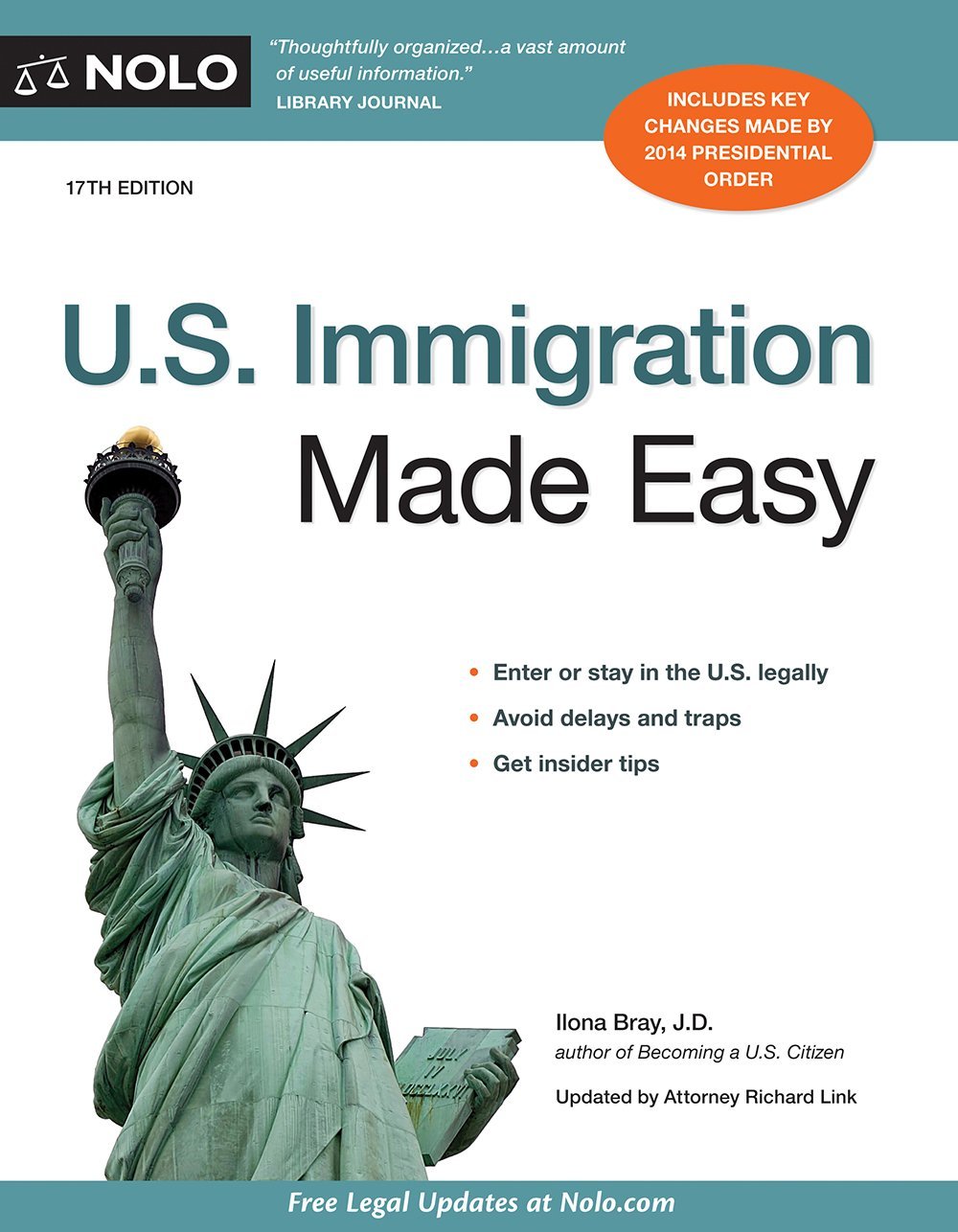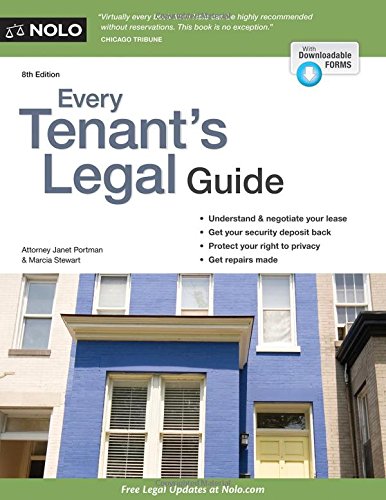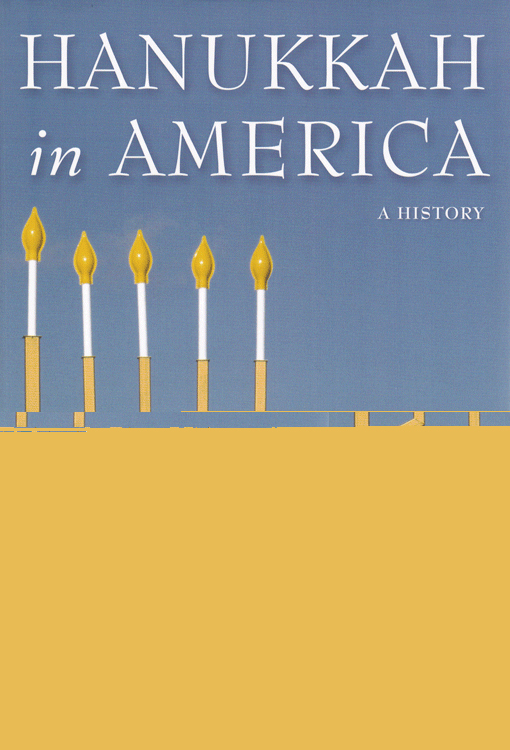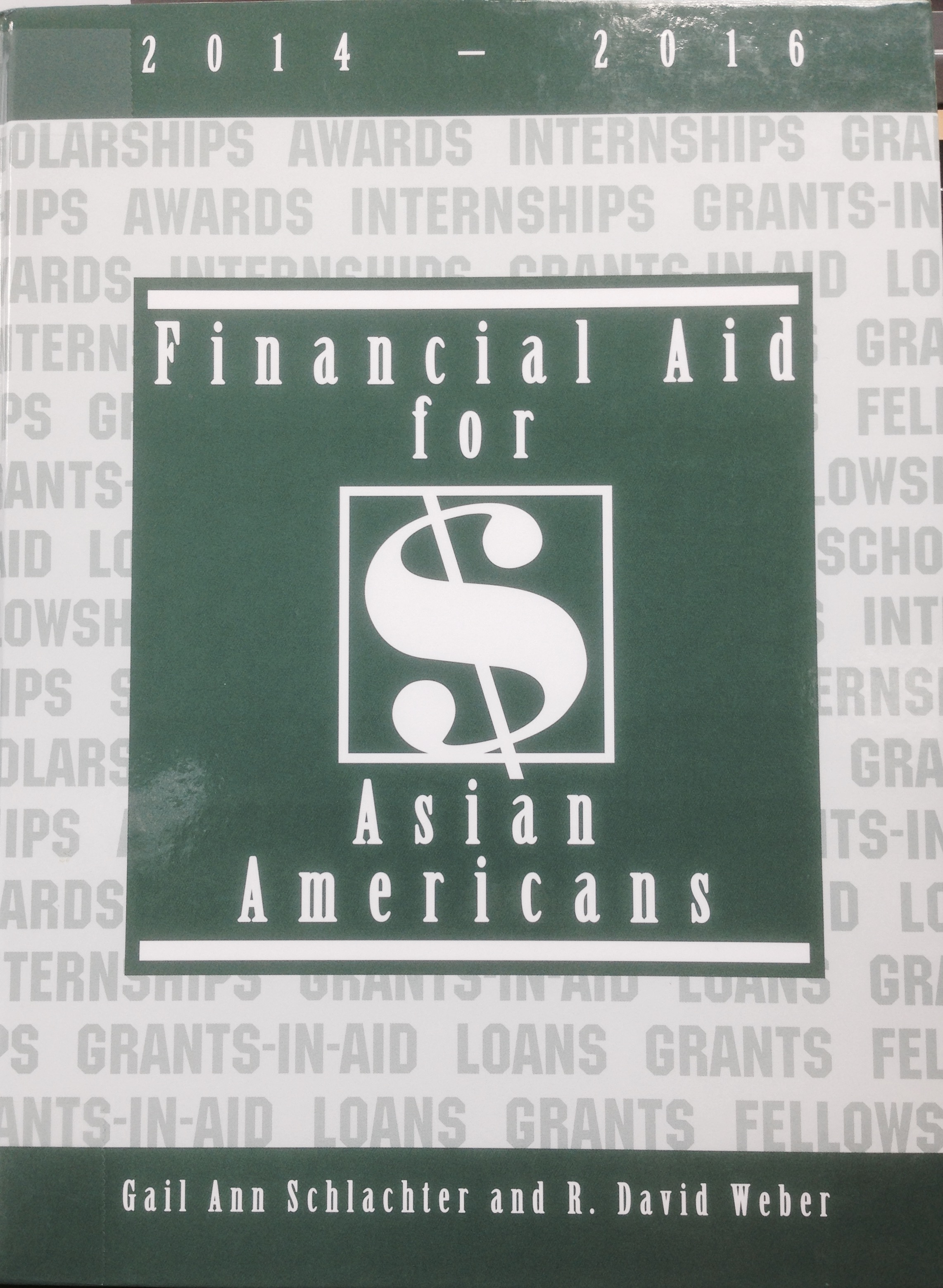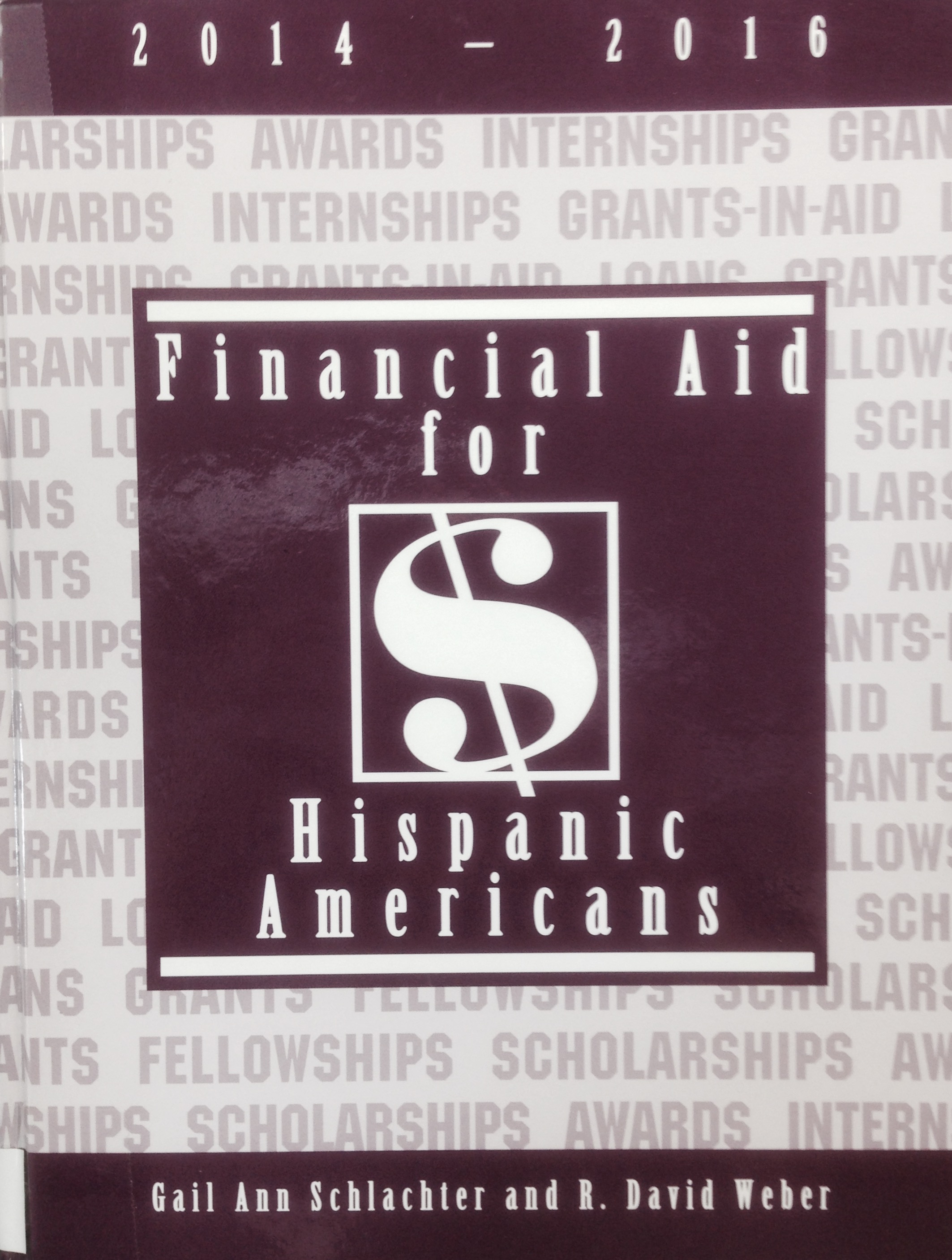I would like to invite all of us to take a moment of silence to honor the life of Sandra Bland and the lives of our black sisters and brothers, young and old, that were unjustly and abruptly brought to an end before and after Trayvon Martin.
I very much appreciate Reverend Jackie Clement’s invitation to speak with you today. In this time of conflict and political turmoil, I believe that it is more important than ever for people of all faiths to reach out to one another and to develop the mutual respect and understanding that only a sharing of knowledge can bring.
Events in the Middle East in recent years have been especially troubling. Like many regions across the globe, the Middle East has experienced unprecedented cultural change in the last two hundred years. From the subjugation of colonialism to the new opportunities and demands of adaptation to global capitalism, to the creation of the highly industrialized state of Israel in an area which has always been experienced shortages of water, external forces have taken a heavy toll on the people of this region which have led to heartbreaking internal mechanisms that are devouring it from within.
From as far back as my family history is recorded, my family had lived in the city of Jerusalem. As recently as my grandmother's generation, it was a city in which Muslim, Jews, and Christians lived together in peace and harmony. While this has changed dramatically in recent years, my grandmother lived and died in the city of Jerusalem and, during her life, maintained those practices, beliefs, and customs which to my mind exemplify the very best of the religion that is Islam.
The Islamic tradition has four dimensions that were narrated in what is known to Muslims as Hadith Gibril or saying Gabriel. The first is Submission to the will of God, which is called Islam in Arabic; the second is Faith, which is called Iman; the third is Beauty, which is called Ihsan; and the last is Time, al-yawm al-akher (the Last Day). From an Islamic perspective, these are four universal dimensions.
Submission is the horizontal dimension, the width; it is reflected in the five pillars of the tradition. The first pillar is witnessing that there is no deity worthy of worship but God and that Muhammad is a messenger of God. The second pillar is the completion of five daily prayers. The third pillar is the obligation to give alms. The fourth pillar requires fasting during the month of Ramadan. The fifth pillar is the pilgrimage to Mecca. This is the outward face of Islam.
Faith, the second dimension, is the vertical dimension, its height. This is the inward dimension, reflected in the belief in things that cannot be seen with the eye: God, His angels, His books; ALL His messengers, the Last Day, and destiny, in both of its dual aspects.
The third dimension is beauty; this represents the depth in the Islamic tradition; its transcendent or universal aspect. Ihsan in Arabic literary means making beauty. In the saying of Gabriel, beauty making means, quote “Worship God as if you see God, for if you cannot see Him, know that He sees you.” According to tradition, this is the highest level of human possibility. One becomes part of the divine presence when he or she becomes a beauty maker
Submission and Faith, the first two dimensions, are nothing but empty actions and declarations in the absence of making beauty. This beauty extends particularly to man’s treatment of his fellow man. Prophet Muhammad said specifically, “If you do not respect and protect your neighbor, then you are not a believer.” In another saying, he indicates, “You won’t attain faith until you love to your fellow human being what you love for yourself.”
According to the Islamic tradition, we are all born with an internal mechanism that recognizes beauty. We all attest that a moral act is a beautiful act. Ethics is the highest level of esthetics in the Islamic tradition. An ethical act is a harmonic act that can be seen and heard, recognized and admired by others. Muslims are encouraged to make beauty in all aspects of their lives; the spiritual, their daily activities, and the care of the physical world.
According to the Quran, beautification is part of God’s creative process: Verse 6 in Chapter 32 in the Quran reads, “It is God who made beautiful everything that He created.” According to Joseph Lumbard, a professor of classical Islam at Brandeis University, “This world can never be perfect, but within the imperfection that defines our earthly existence, we can act beautifully; to make God present in the world, both by being conscious of God and because all beauty ultimately derives from God.”
In many verses, the Quran mentions that God loves the beauty makers; God is with the beauty makers. In the Quran, God instructs us, “Beautify as God has beautified you” (Chapter 28: verse 77). This is the aspect of Islam most in danger of being lost and forgotten in these days of industrialization, war, and turmoil. In the last twenty years in the Middle East, there has been more focus on religiosity, the outward dimension, but very little to focus on spirituality the transcendent dimension that can only be achieved with true inner beauty.
There is a story told of Omar the son of al-Khattab, the second khalifah after Prophet Muhammad’s passing. He was known to roam the city of Madinah at night to check on his people. One night, he heard a mother and her daughter talking. The mother was saying that she wanted to water down the milk that they drew from their sheep in order to earn more money in the market.
The girl told her mother that it was against the law and that they were not supposed to do that. The mother responded, “But Omar won’t see us.” The girl immediately replied, “If Omar won’t be seeing us, remember that Omar’s God will.” Omar was so impressed by this girl’s retort that he sent his son to propose to the girl.
Making beauty, in the Islamic tradition, requires spiritual training. While in the west we think of disease as a physical malady, Islam identified 30 diseases that destroy the heart spiritually. Some of the more common of these diseases include envy, backbiting, showing off to name a few. However, fortunately, these diseases are curable. A book entitled Purification of the Heart by Hamza Yusef, President of Zaytuna College in California, discusses all the diseases and ways of putting the heart back on its natural track of purity.
Islam encourages not only great deeds, but small good deeds done on a daily basis because they train the heart to recognize and produce beauty regularly with a small but purposeful effort. In Islam, smiling at others is a form of charity, removing waste away from people’s path is charity; as is checking on one’s neighbors, helping others, saying kind words, and taking good care of one’s family.
Even the articles of submission are based on elements of the environment and the beauty of the natural world. The five daily prayers are marked by the movement of the sun in the horizon. An important aspect of Islam is to be in continuous connection with nature, because the signs of nature are reminders of the bounty of God’s grace and the provisions that are easy to forget when consumed by the tasks and responsibilities of everyday life. The first prayer of the day is signaled by sunset. During that time, Muslims are expected to recognize the change in the natural world that is brought to us by the setting sun; the ways that the plants, animals, moon, stars, clouds, air, and ground change with the gentle movement of the earth in front of the sun. The same is true at night, again at dawn, when the nighttime ends, then at noon when the sun is over head, and last in the afternoon. Observing the shadows, feeling the breeze, recognizing the ultimate beauty in nature is a daily practice and is the true call for prayer and thanksgiving. Unfortunately, in modern life, Muslims sometimes lose track of this framework, this connection to the natural world and its Creator.
As a child, I observed my grandmother who had a garden in Jerusalem. Every day, she took care of her goats, chickens, fig trees, grape vines, and many other wonderful things she grew in her garden. She would wake up at dawn with an appreciation of nature and start her day by observing and marveling at the beautiful world around her. My grandmother used to talk to her animals, plants, and even the water she used while taking care of them. As a child, this practice was initially strange to me but one that I grew to dearly love. Only now, as an adult, do I realize that my grandmother's actions were a literal translation in the physical world of the principle of ihsan or beauty making. She extended this to her neighbors as well. If one of them became sick, she would prepare a small basket and fill it with some homemade cheese or yogurt, eggs, homemade strawberry jam, and any of the produce that was ripening in her garden.
While I currently live half way around the world in a small apartment in this town, I try to keep these practices alive. Like my grandmother, I do what I can to conserve water, though the need in this country is much less apparent. I also grow plants, herbs and vegetables on the balcony of my third floor apartment. Like her, I try to take care of and beautify nature as part of a spiritual calling that is supported by many verses in the Quran.
Like my grandmother, I try my best to balance the three aspects of beauty making, the first towards nature, the second towards others, and the last is towards spiritual practice. In order to have the smallest carbon footprint possible, I bike or take the bus to work. While biking, I smile and greet the people I meet along my way.
Spiritually, I try to remember that I am in God’s presence, especially during my daily prayers. This spiritual beauty, while the most appealing, is the most challenging to perfect. And this quest for the creation of spiritual beauty takes us to a discussion of the final dimension.
A traditional saying states, “If the Last Day comes upon you while you are holding a seedling, take the time to plant it.” I have always been very moved by this saying, with its instruction to continue to promote life and beauty as a means of dispelling chaos and the fear.
I would also like to note that from an Islamic perspective, beauty making is not bound to the Islamic tradition only. Muslims believe and recognize that all other traditions, -- Buddhism, Native religions, Christianity, Judaism, and Hinduism -- all have the dimensions I presented at the beginning of my talk and all have recognizable elements of beauty that followers of these faiths are highly encouraged to practice and be mindful of. All religious traditions aim to beautify the human character. The Prophet Muhammad said, “I was sent to complete the noble character traits,” and he also said, “Among the best of you is the most beautiful in character traits.”
In this time of turmoil, this responsibility to create beauty is needed now more than ever in the Muslim world. It is an aspect of the tradition that when nurtured and propagated, allow the other aspects to come together as a manifestation of the true spiritual substance and presence.
Enjoy making beauty in every action you take! May God be with you.















